Alleged Austin 'serial bomber' dies in blast as SWAT team moved in
The alleged Texas "serial bomber" died when an explosive detonated in his car.
The alleged serial bomber who terrorized central Texas for nearly three weeks, killing two people and injuring four, died early Wednesday when he detonated one of his homemade bombs in a his vehicle alongside a highway near Austin as police were moving in to arrest him, officials said.
The suspect was identified by authorities as Mark Anthony Conditt, 23, a community college dropout who a family friend described as being from a "normal Christian family."
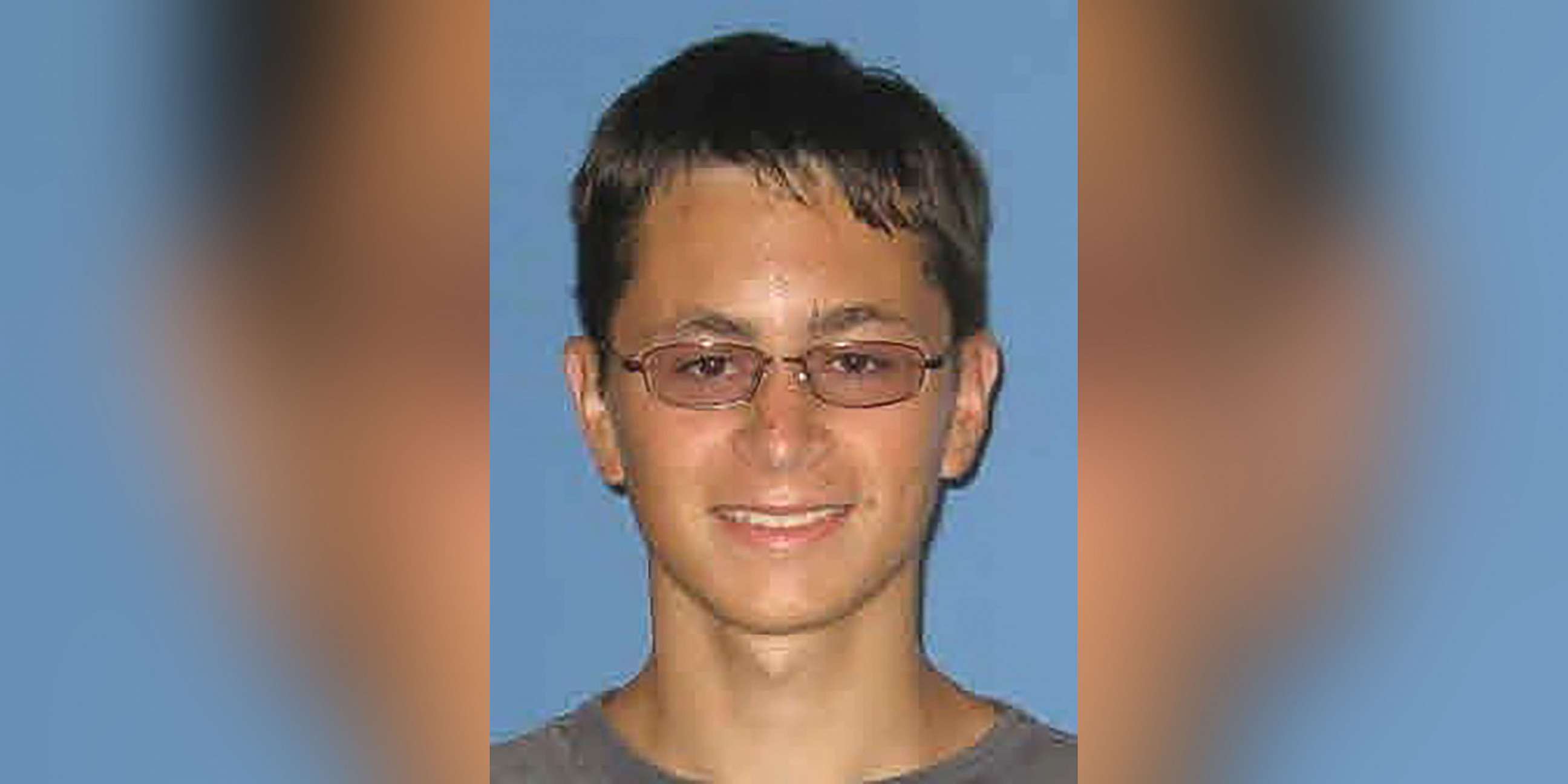
Conditt was from Pflugerville, Texas, a suburb of Austin, the city where he allegedly focused his bombing spree, officials said.
Conditt's terrorizing rampage came to an end around 3:30 a.m. Wednesday, several hours after a federal criminal complaint and arrest warrant were issued for him.
Austin Police Chief Brian Manley said investigators zeroed in on Conditt as a person of interest and eventually the prime suspect in the bombing spree in the 24 to 36 hours leading up the fatal confrontation with him in Round Rock, Texas.
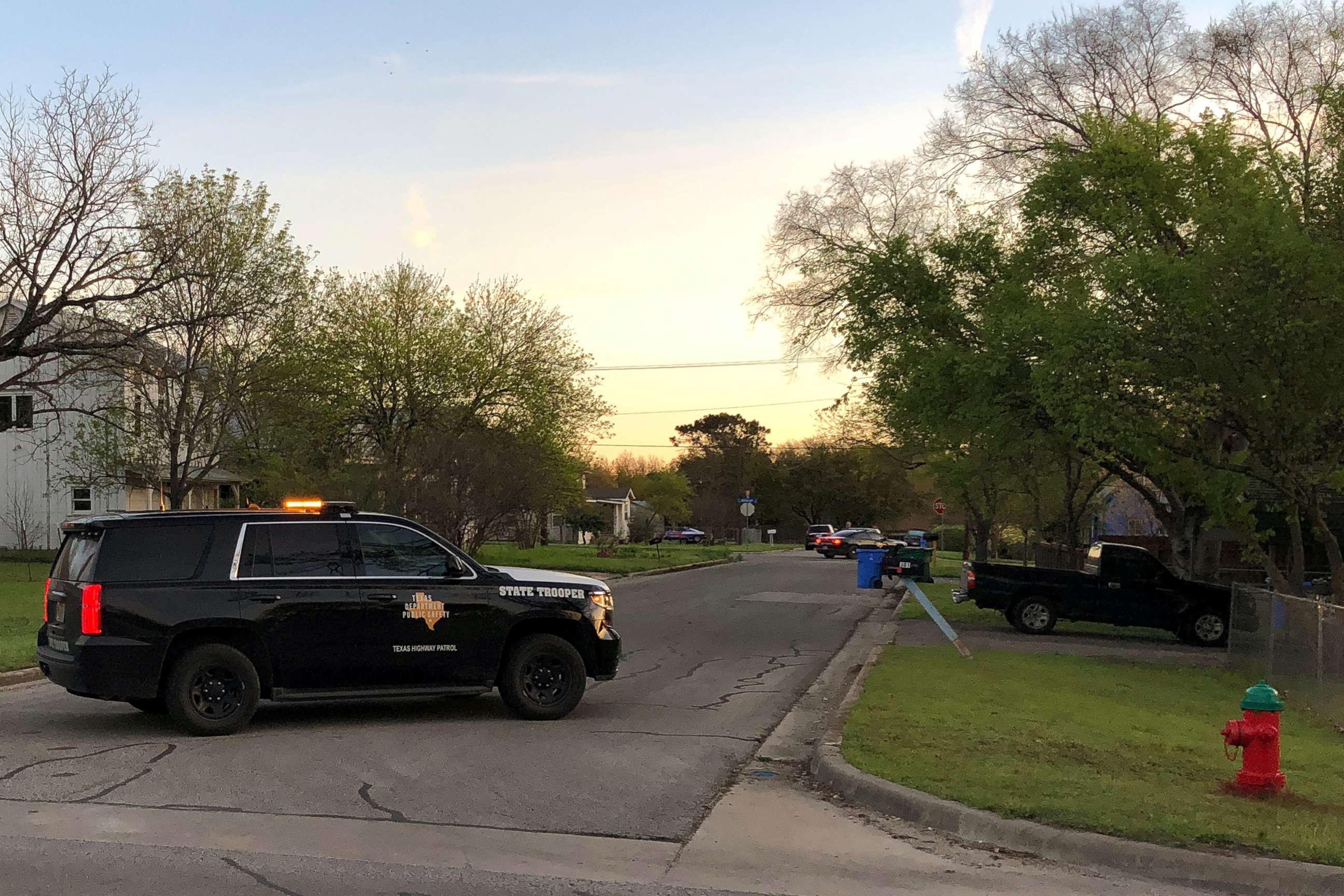
"We had surveillance teams looking for the suspect and we ultimately located the vehicle that this suspect was known to be driving and witnesses told us he was driving," Manley said at an news conference this morning.
He said the suspect's sport utility vehicle was spotted at a hotel in Round Rock, which is about 20 miles north of Austin. He said multiple federal and local police surrounded the hotel and were waiting for tactical teams with ballistic vehicles to arrive when the suspect's SUV started to move.
"We began following the vehicle, again, waiting to get the tactical vehicles here so we could make a stop," Manley said.
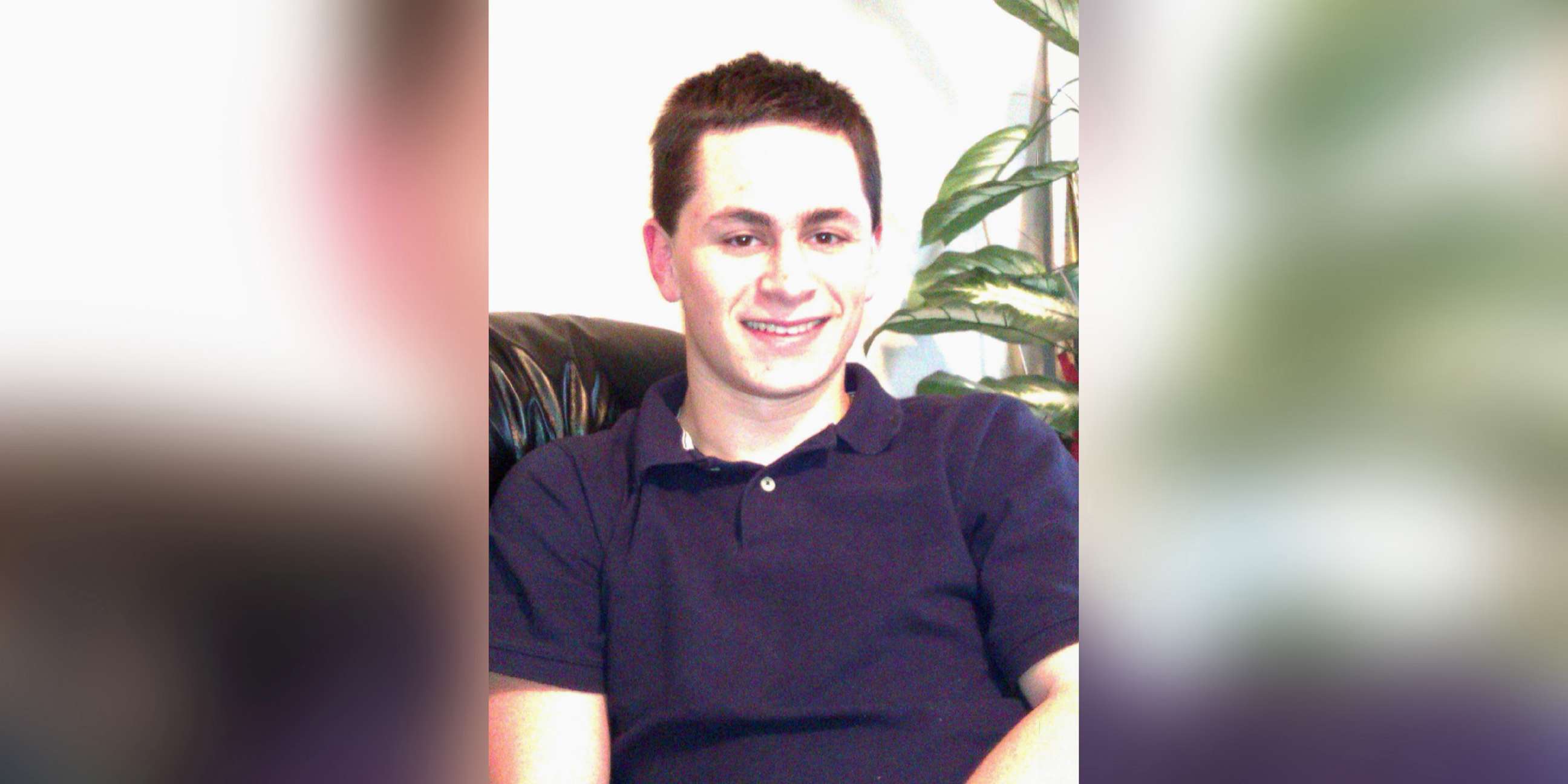
But the suspect abruptly pulled to the side of the road, Manley said.
"As members of the Austin Police Department SWAT team approached the vehicle, the suspect detonated a bomb inside the vehicle, knocking one of our SWAT officers back," Manley said.
He said another SWAT officer fired at the SUV, but it appeared Conditt died from "the blast that occurred from detonating a bomb from inside his vehicle."
Police remain concerned that Conditt may have planted more explosive packages elsewhere in the Austin area, and possibly booby trapped his home with bombs.
Investigators cordoned off a five-block radius around Conditt's residence in Pflugerville, evacuating homes within the perimeter and City Hall, Pflugerville Police Chief Jessica Robledo said a news conference this afternoon.
Fred Milanowski, special agent in charge of Houston Field Division for the Bureau of Alcohol, Tobacco, Firearms and Explosives, said investigators found bomb-making components and explosive materials inside the house, but none of the devices were completed bombs.
"There's primarily one room that has a considerable amount of material," Milanowski said. "I wouldn't call it a bomb-making factory, but there are definitely components consistent with what we've seen in all these other devices."
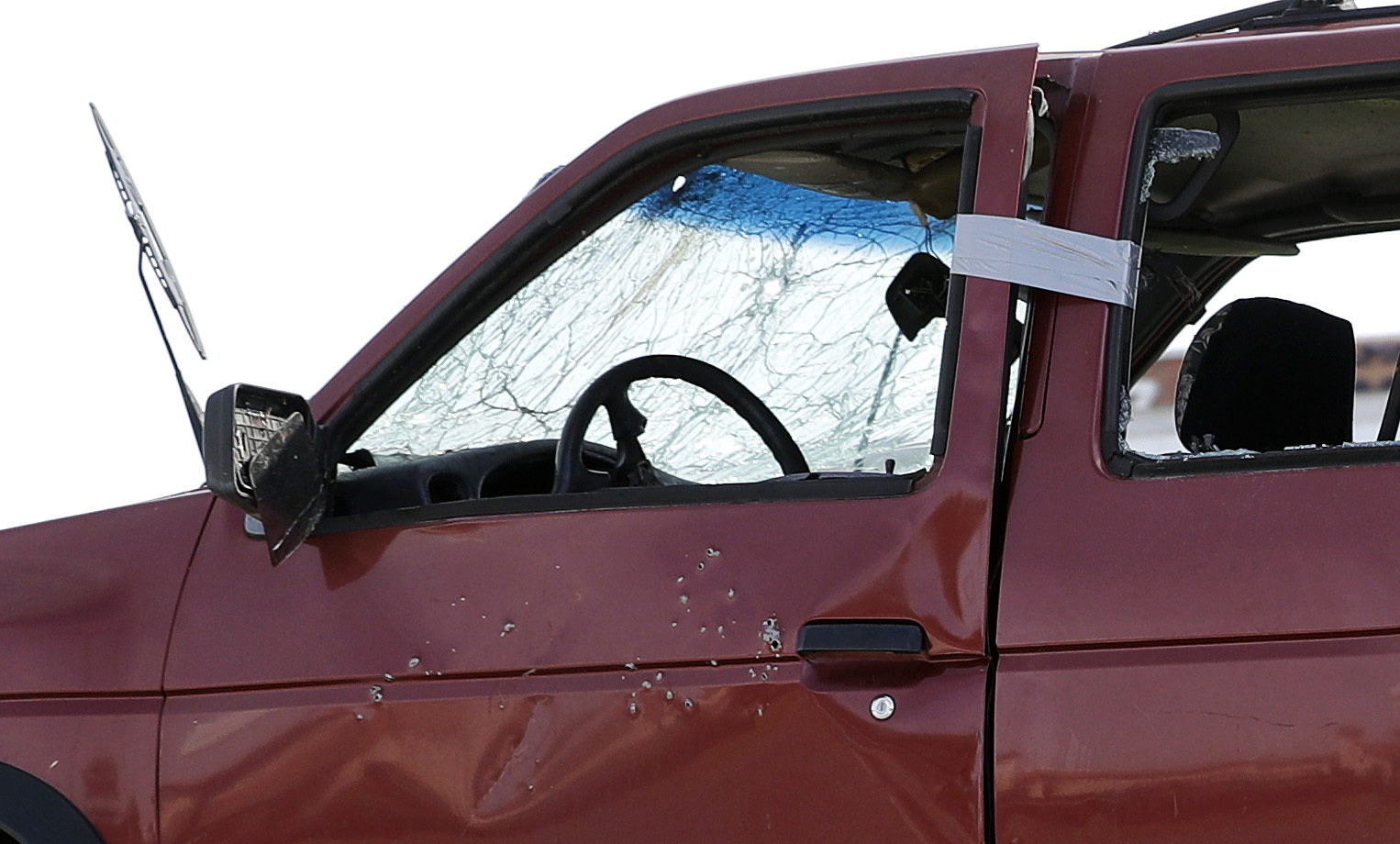
Christopher Combs, special agent in charge of the FBI’s San Antonio Division, said agents are still investigating to determine whether Conditt had accomplices in the rampage. While several people, including two of Conditt's roommates, were detained for questioning, no arrests have been made, according to the Austin Police Department.
After being briefed on the dramatic circumstances that led to the suspect's demise, President Donald Trump tweeted, "AUSTIN BOMBING SUSPECT IS DEAD. Great job by law enforcement and all concerned!"
Residents of Austin had been on edge ever since the bombings began March 2, killing two people and injuring at least four others.
The first three explosions involved packages left on porches, while a fourth, which injured two men, ages 22 and 23, on Sunday night, was detonated by a tripwire tied to an explosive device. A fifth package exploded Tuesday morning on a conveyor belt at a FedEx sorting facility near San Antonio that injured one worker.
Later Tuesday, an unexploded bomb was discovered at a FedEx facility in Austin, two sources told ABC News. That was the sixth device tied to the serial bomber -- five package bombs and the device tethered to the tripwire.
Conditt's family released a statement today saying they are "devastated and broke by the news that our family member" was behind the bombing spree.
"We had no idea of the darkness that Mark must have been in," the statement reads. "Our family is normal in every way. We love, and we pray and, we try to inspire and serve others. Right now our prayers are for those families who have lost loved ones, for those impacted in any way, and for the soul of our Mark."
A family friend, who asked not to be identified, told ABC News that Conditt was from a loving family.
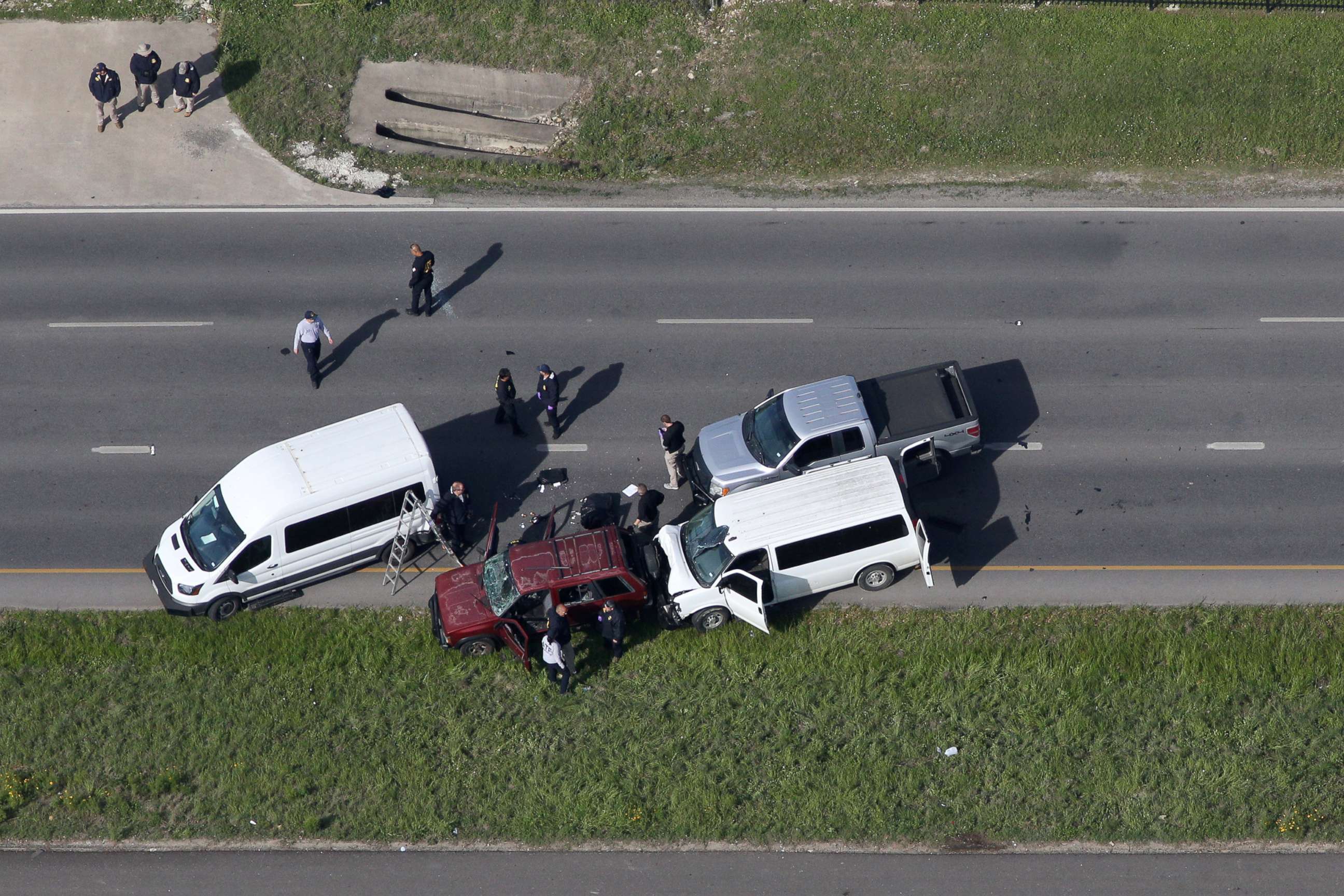
"The family is a normal Christian family," the friend said. "There was nothing going on with Mark when I knew him. I knew him as a teenager. He reminded me of every teenage boy. It was hard to get a smile out of him. He was home-schooled and part of a home-school community."
Officials at Austin Community College said in a statement to ABC News that Conditt attended the school from 2010 to 2012, but did not graduate.
Conditt worked as a sales and purchasing representative for Crux Manufacturing in Pflugerville, an outfit that makes semiconductor parts, but was fired for undisclosed reasons in August 2017 after four years of employment, the company said in a statement to ABC station KVUE-TV in Austin.




